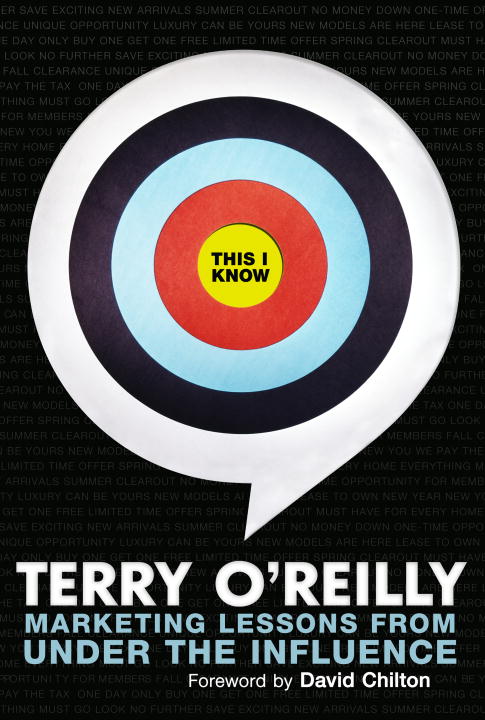One comment often repeated to me by coworkers in the biotechnology industry deals with their frustration at not understanding how their particular roles fit into their company’s overall scheme for developing, manufacturing, and marketing biomedical products. Although these workers know their fields of specialty and responsibilities very well, whether it be in product research and development, regulatory affairs, manufacturing, packaging, quality control, or marketing and sales, they for the most part lack an understanding of precisely how their own contributory pieces fit into the overall scheme of the corporate biotechnology puzzle. The Biotech Business Handbook was written to assist the biotechnologist-whether a techÂ- nician, senior scientist, manager, marketing representative, or college student interested in entering the field-in building a practical knowledge base of the rapidly expanding and maturing biotechnology segment of the healthcare industry. Because biotechnology in the United States and abroad covers many disciplines, much of the information presented in this book deals with the biomedical diagnostic aspects of the industry. Business subjects for the most part unfamiliar to technically oriented people, such as the types of biotechnology corpoÂ- rations, their business and corporate structures, their financing, patent, and trademark matÂ- ters, their special legal issues, and the contributions of their consultants are treated in a manner designed to make them clear and understandable.










![The Art of War [New Translation]](https://wordery.com/jackets/6a028591/the-art-of-war-new-translation-james-trapp-9781907446788.jpg)

